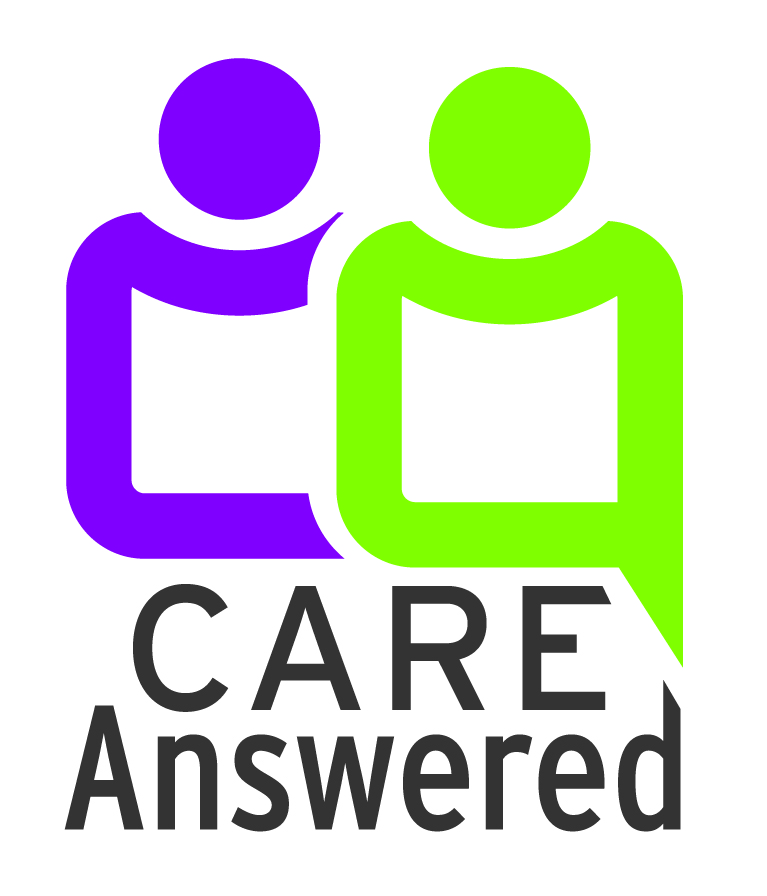 Thanksgiving is right around the corner. As you get ready to roast the turkey, bake the pies and gather with loved ones, think about adding one new tradition to your family gatherings. Take politics off the table and instead use the time together to talk about healthcare. Share any important family medical history and discuss the decisions you would like made on your behalf should you become unable to make care decisions for yourself.
Thanksgiving is right around the corner. As you get ready to roast the turkey, bake the pies and gather with loved ones, think about adding one new tradition to your family gatherings. Take politics off the table and instead use the time together to talk about healthcare. Share any important family medical history and discuss the decisions you would like made on your behalf should you become unable to make care decisions for yourself.
A good place to start is to give your loved ones peace of mind by selecting your health care proxy.
What is a Healthcare Proxy?
The New York Health Care Proxy Law allows you to appoint someone you trust — for example, a family member or close friend – to make health care decisions for you if you lose the ability to make decisions yourself. By appointing a health care agent, you can make sure that health care providers follow your wishes. Learn more here.
How do you talk about healthcare decisions?
Once you have selected your proxy, be sure to inform that person about his or her role and let him or her know about your wishes should an illness or injury leave you unable to make your own healthcare decisions.
Sometimes these topics make people uncomfortable. Try to ease the discomfort with these suggested opening lines:
“My faith is important to me and I don’t want to have….”
“I’m allergic to …. Please make sure that I don’t receive that medicine”
Talk about what you value as specifically as you can. You might say:
“I don’t want to ever be sustained by machines,” or “I have to be able to live independently,” or “There are new health findings every day. I would like to be kept alive until they find a cure.”
Points to remember about healthcare decisions
The discussion with your healthcare proxy can and should be ongoing. You cannot imagine every possible scenario but if the person you select as your healthcare proxy understands your values and knows the types of life-sustaining treatments that you would want, as well as those interventions that you would not want, your proxy will feel confident that they are following your wishes rather than having to decide your fate on their own.
This is not a contest of who loves you the most; rather, it’s about who will be able to carry out your wishes.
It is a tremendous burden to expect your loved ones to make these decisions for you if you have not expressly told them your wishes. Help them be your proxy by freely sharing your feelings.
Take time this holiday season to begin your discussion. And fill out your healthcare proxy form. Think of it as a compassionate gift to your loved ones should they ever have to make an important healthcare decision for you.

